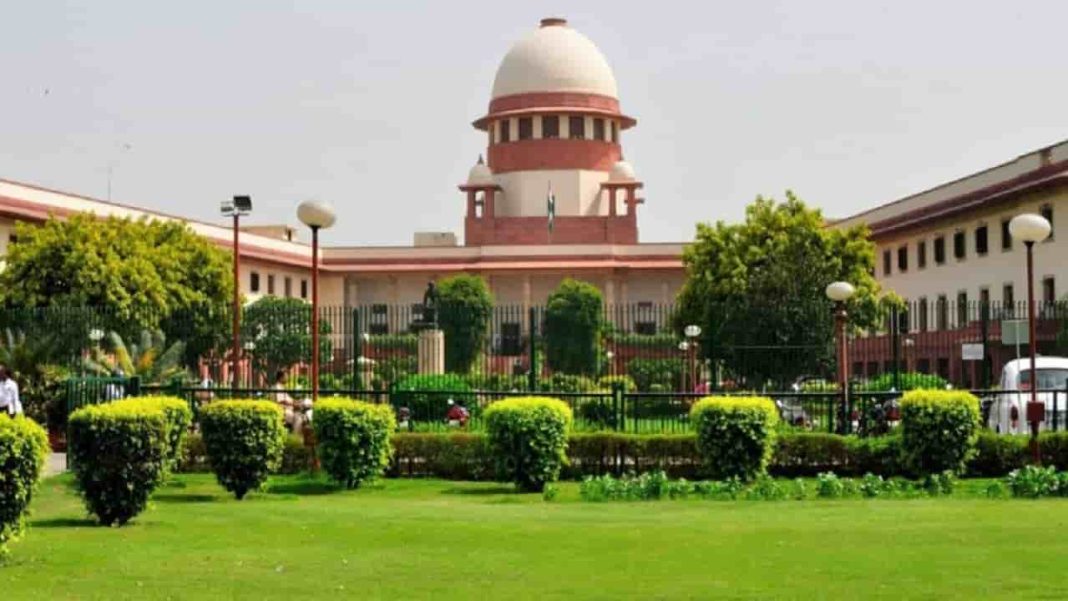As the Supreme Court continued its hearing into the petitions challenging the abrogation of Article 370 for the 15th day on Monday, the Counsels representing the Union government and other respondents concluded their arguments.
September 4 also marked the commencement of rejoinder arguments by the petitioner side.
Appearing before the Constitution Bench of Chief Justice of India D.Y. Chandrachud, Justice Sanjay Kishan Kaul, Justice Sanjiv Khanna, Justice B.R. Gavai and Justice Surya Kant, Senior Advocate Kapil Sibal termed most of the arguments raised by the respondents as ‘unsolicited’.
He further said that the arguments made by the respondents were ‘without reference’ to the ones made by the petitioners.
Sibal clarified that no one from the petitioners’ side challenged the sovereignty of India. He expressed his ‘pain’ over a counsel mentioning that the petitioners respected the sentiments of the people of Jammu and Kashmir, but the respondents must also respect their sentiments.
He said the case cannot be reduced to an emotive, majoritarian interpretation of the Constitution of India. Noting that all residents in Jammu and Kashmir were citizens of India, the Senior Counsel said if historically an Article had given the J&K residents certain rights, they were entitled to defend it as a matter of law.
He traced the history of accession of Jammu and Kashmir with India to interpret Article 370 in its historical context, saying that Jammu and Kashmir, unlike other princely states, had no links with India geographically and the two principles on the basis of which accession had to take place was contiguity and population and the said decision had to be taken by ruler.
In the historical context, one must note that what happened in Jammu and Kashmir was only to ensure that Jammu and Kashmir became an integral part of India, added Sibal.
He asserted that the argument made by the respondents that Parliament had plenary powers under the Constitution in its application to Jammu and Kashmir was incorrect as the power of Parliament to make laws with respect to Jammu and Kashmir was limited by Article 370.
There was no such plenary power with the Parliament and it was for the Council of Ministers to decide what laws would apply to Jammu and Kashmir and not the Parliament, noted the Senior Counsel.
He said that the same was to ensure that there was slow integration of Jammu and Kashmir to India through a process which was easy and allowed the two executives to communicate with each other.
As per Sibal, the first step under Article 370(3) was the recommendation from the Constituent Assembly and it was after that the President could pass any order. He said the order could not be reversed.
The Bench then observed that the Indian Constitution did not clarify what was to be done after the Jammu and Kashmir Constitution came into force and there was no express provision in that regard.
It said in the context of there being no express provision for the process to be followed post the integration was over, there were certain ‘silences’ left in Article 370.
Sibal responded that the Constitution had to be interpreted, the Court did not have to look at what the silences in the Constitution were.


